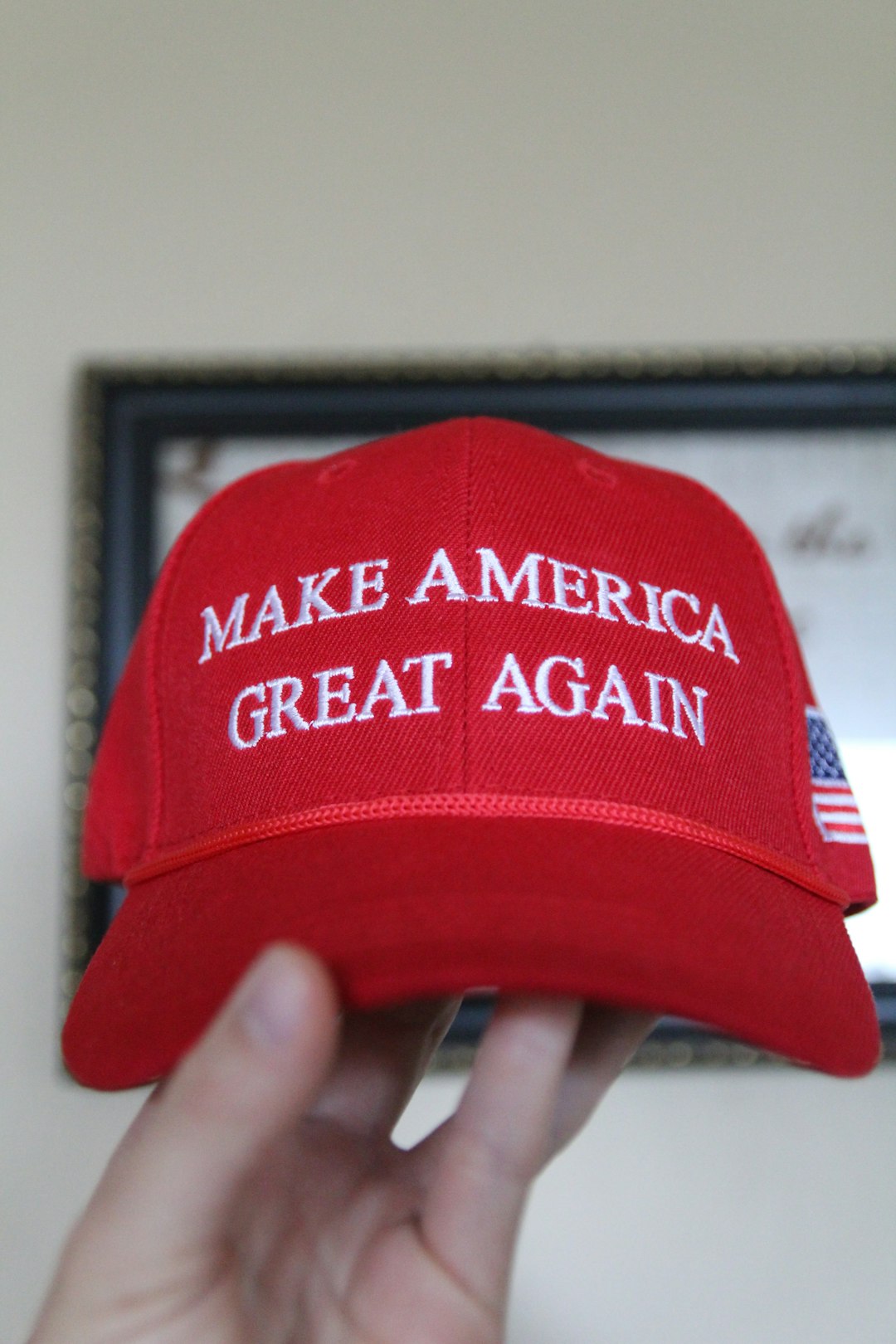
The financial markets have historically reacted strongly to presidential elections, and Donald Trump’s return to political prominence in 2024 is no exception. His win has cheered equities but also introduced questions about the economic trajectory as his tariff-heavy trade policies resurface.
Market Gains Post-Trump Victory
In the immediate aftermath of Trump’s election, stocks rallied across several sectors. This optimism stems from expectations of business-friendly tax cuts and deregulation, hallmark policies of Trump’s first term. Sectors like energy, industrials, and financials have historically benefited under his administration, with investors hoping for similar tailwinds in his second stint.
Tariffs and Trade: The Big Question for 2025
The Trade Policy LegacyTrump’s prior presidency was marked by a series of trade wars, particularly with China. The reimplementation of tariffs could strain global supply chains and exacerbate inflationary pressures already troubling many economies.
Sectoral Risks
Technology: Tariffs on semiconductors and tech components could disrupt manufacturing and research efforts.
Agriculture: Retaliatory tariffs might reduce exports, as seen in 2018 when China targeted U.S. soybean farmers.
Uncertainty Weighing on SentimentAlthough markets are buoyant in the short term, the reemergence of tariffs introduces uncertainty that could lead to volatility in 2025.
Analyzing the Long-Term Market Impacts
To understand the potential long-term impacts of tariffs and trade policies on equities, the following APIs offer useful insights:
Sector Historical API:Track how specific sectors performed during Trump’s first term to gauge potential 2025 movements.
Key Metrics API:Assess how tariffs might influence corporate profitability and operational efficiency.
Economic Calendar API:Stay updated on upcoming tariff announcements and economic indicators to predict market shifts.
Conclusion: Opportunity or Overhang?
The stock market’s initial cheer for Trump’s election underscores optimism about his economic policies. However, the looming threat of tariffs could create headwinds, particularly for globalized industries. Investors must weigh these risks against potential growth opportunities in a deregulated environment.

